Copyright © 2023 ByHeart Coaching. All rights reserved
By Heart Blog
Use your stress
Fight / Flight / Freeze -> FLOURISH
Psychologists distinguish between stress that is harmful (distress) and stress that is positive (eustress).
Which version has been with you the most recently?
Which version has been with you the most recently?
My colleague and friend, Sandra Ishkanes, a Functional Medicine practitioner, shared with me recently that the familiar phrase 'fight or flight' has been revealed to be based on studies that had used a larger portion of men over women.
More recent research has revealed that a third stress response mode, 'freeze', needs to be added to the list. This response is more prevalent among women, which is why it had not been observed as readily by the earlier studies.
More recent research has revealed that a third stress response mode, 'freeze', needs to be added to the list. This response is more prevalent among women, which is why it had not been observed as readily by the earlier studies.
The common stress reaction modes
Do you tend towards one of these?
Stress mode: FIGHT
You fight because you're stressed
Stress mode: FLIGHT
You flee, try to get away, because you're stressed
Stress mode: FREEZE
This is similar to the reaction seen in many animals of 'playing dead' in the hopes of tricking an attacker to pass them by.
People tend to have 'favourites' from among this list.
If we take me as an example, I'm more likely to switch into a 'flight' or 'freeze' mode than to pick a fight as a way of expressing my stress.
If we take me as an example, I'm more likely to switch into a 'flight' or 'freeze' mode than to pick a fight as a way of expressing my stress.
What does Freeze Mode feel like on the inside?
My son Kim, now 19, recently wrote the note below, at my request.
We'd been talking about how he had felt during the tumultous years of teenage searching and rebellion.
His summary seems to suggest that he was primarily in FREEZE mode, where the goal wasn't really to succeed, but to stay safe, which at the time had meant for him "staying alone and not changing."
We'd been talking about how he had felt during the tumultous years of teenage searching and rebellion.
His summary seems to suggest that he was primarily in FREEZE mode, where the goal wasn't really to succeed, but to stay safe, which at the time had meant for him "staying alone and not changing."

WHAT DOES STRESS ENCOURAGE US TO DO?
What else does a stress mode prompt us to do? Here are some prominent features:
Exploring reversing these gives us strong clues to what can help to reverse the stress. Let's see what that looks like next.
- 'Button down the hatches'. When we're stressed, we're much more likely to narrow our focus, keep our heads down (both physically and figuratively), and just try to plough on with how we've been going and hope for the best.
- Keep our troubles to ourselves. Women are more likely than men to talk about what is bothering them, but even they will often keep the more vulnerable, sensitive topics protected and wrapped in silence.
- Speed up excessively or drastically slow down. These are driven by the physiological responses preparing you to fight/flee or freeze. Since most of our daily stress is not related to physical threats, these responses are often not relevant to what we're trying to handle and therefore unhelpful.
Exploring reversing these gives us strong clues to what can help to reverse the stress. Let's see what that looks like next.
AFTER SQUEEZE COMES RELEASE
You would naturally do these when not stressed. DOING THEM DELIBERATELY at moments when you are feeling stressed gives you access to the fuller range of your normal faculties, which stress tends to restrict.
Reversing the stress can take you into the territory of 'eustress' where your energy is powered up and focused. Rather than cancelling the stress, we can put it into 'reverse gear' and direct the energy charge the stress was carrying to serve us instead of tying us up in knots.
- Sit back and get a larger view. Even something as simple as expanding your posture, allowing yourself to sit back, is enough to give your body a prompt to move towards a calmer pace, which allows you to think more clearly and creatively.
- In discussion we trust. Getting in touch with someone we trust, and asking for their assistance in figuring out something we've been finding difficult is profoundly supportive of your flourishing.
- Slow and steady wins the race. A lot of the time, even when we are feeling stressed, there isn't a race. There is us trying to move towards a state that is more enjoyable than how we felt a minute ago.
Reversing the stress can take you into the territory of 'eustress' where your energy is powered up and focused. Rather than cancelling the stress, we can put it into 'reverse gear' and direct the energy charge the stress was carrying to serve us instead of tying us up in knots.
Time for a change
If something is causing you stress on a regular basis, consider whether 'Something's Gotta Give', as the film title has it.
The stress response in humans is designed to help us handle extreme situations: being attacked by a predator, falling off a cliff, etc.
It is not well-suited to help us with the everyday situations we face routinely (if you're reading this hanging off the edge of a cliff, kudos to you!).
Here's a prompt to determine now that you will USE YOUR STRESS as a friend, signposting you to what needs to change in your life/work. This might be a "minor" adjustment, such as a change of perspective, all the way to "major" turn-arounds if that's what feels right to you.
The stress response in humans is designed to help us handle extreme situations: being attacked by a predator, falling off a cliff, etc.
It is not well-suited to help us with the everyday situations we face routinely (if you're reading this hanging off the edge of a cliff, kudos to you!).
Here's a prompt to determine now that you will USE YOUR STRESS as a friend, signposting you to what needs to change in your life/work. This might be a "minor" adjustment, such as a change of perspective, all the way to "major" turn-arounds if that's what feels right to you.
May you find ways to use stress as a diagnostic pointing to what needs to change for you, so that you get to flourish and thrive!
How do you handle stresses? Do you have some strong tactics you'd be willing to share?
If you give the suggestions in this post a go, I'd love to hear how you find it.
P.S. This blog post is an example of me practising what I preach. I sat down to write this post after feeling perplexed and stressed myself, and looking at image search results for 'stress'. Using that pent-up energy in a productive way proved massively de-stressing! :)

ABOUT THE AUTHOR: Margarita Steinberg
I am a Leadership Coach with a specialism in Psychosynthesis psychology. I am the founder of ByHeart Coaching, and this blog grows out of my coaching work. I am also a qualified and experienced teacher, and draw on training in counselling skills.
I work with individuals and couples, as private clients; I also work with organisations through running leadership coaching programmes and group workshops.
PUBLICATIONS
A chapter on my innovative learning format using embodied learning appears in the book 'Disrupting traditional pedagogy: Active Learning in Practice' published by University of Sussex Press in June 2019.
In preparation: my first book 'One step at a time: how to thrive in a dynamic world'
I am a Leadership Coach with a specialism in Psychosynthesis psychology. I am the founder of ByHeart Coaching, and this blog grows out of my coaching work. I am also a qualified and experienced teacher, and draw on training in counselling skills.
I work with individuals and couples, as private clients; I also work with organisations through running leadership coaching programmes and group workshops.
PUBLICATIONS
A chapter on my innovative learning format using embodied learning appears in the book 'Disrupting traditional pedagogy: Active Learning in Practice' published by University of Sussex Press in June 2019.
In preparation: my first book 'One step at a time: how to thrive in a dynamic world'
Find out more about my work
Quick links
Suggested related blog posts
Check out some of my other blog posts
ByHeart blog
I write about my clients' stories, about coaching and psychology, current events and the human condition
Subscribe
Subscribe to our mailing list to receive alerts about upcoming blog posts, offers and events
ByHeart Blog
I write about my clients' stories, about coaching and psychology, current events and the human condition
Subscribe
Subscribe to our mailing list to receive alerts about upcoming blog posts, offers and events
Error get alias
Error get alias
Error get alias

